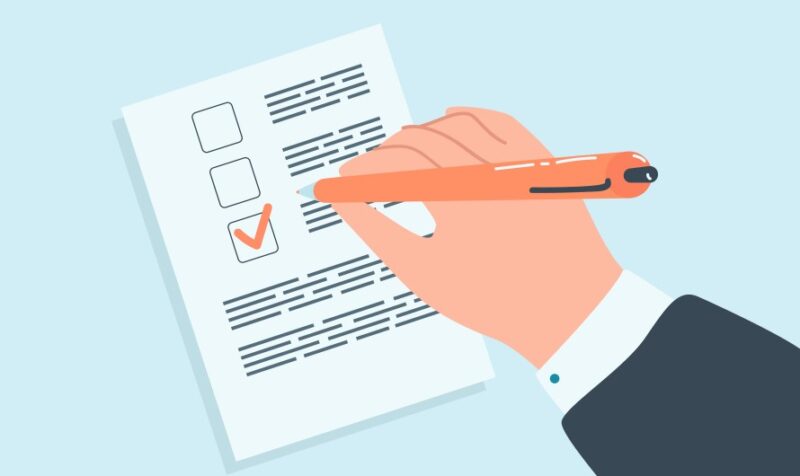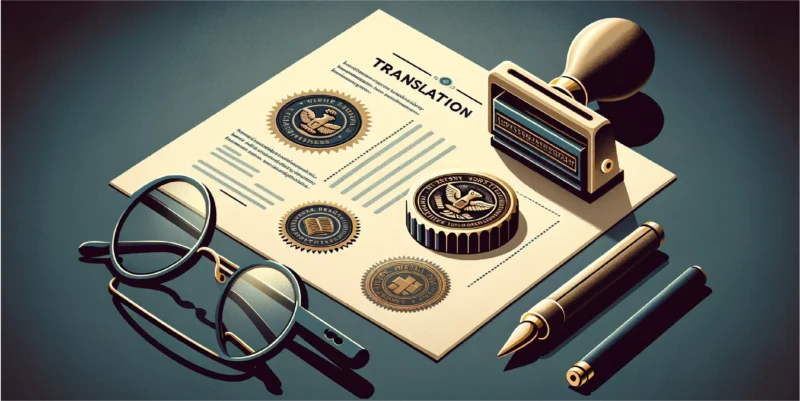Are you considering pursuing higher education in the United Kingdom? The UK is home to some of the world’s prestigious universities, and the application process is a crucial step toward your academic journey.
One vital aspect of this process is translating your documents into English, ensuring that the admissions committee can fully understand your qualifications. In this comprehensive guide, we will walk you through the essential steps of translating docs for your UK university application.
The importance of document translation for UK university applications cannot be overstated. Your application’s success hinges on the clarity and accuracy of your documents. Admissions committees need to assess your qualifications, and having your docs in English is the first step in achieving this. So, what are the key documents that may need translation?
In today’s globalized world, students from diverse linguistic backgrounds aspire to study in the UK. However, language can be a barrier when it comes to evaluating academic qualifications. Translating your documents into English bridges this gap, enabling universities to assess your credentials effectively.
Document Requirements

Typically, UK universities require several documents as part of the application process. These may include transcripts, diplomas, recommendation letters, and standardized test scores. While some of these docs may be in English, others may require translation if they are in a different language.
Transcripts provide a comprehensive overview of your academic performance, while diplomas serve as evidence of completing your previous educational levels. Recommendation letters offer insights into your character and potential as a student. Standardized test scores demonstrate your proficiency in English and relevant subjects. All these documents must be presented clearly to enhance your chances of admission.
Find a Qualified Translator
Now that you understand the documents needed, the next step is to find a qualified translator. It’s crucial to hire a certified translator who specializes in academic translations. They possess the expertise to accurately convey the information from your original documents into English, ensuring that nothing is lost in translation. Click here to get additional info.
A certified translator undergoes rigorous training and assessment, making them well-equipped to handle academic translations. They are familiar with the nuances of academic terminology and can ensure that your docs meet the high standards expected by UK universities. When searching for a translator, look for certifications from recognized institutions or associations, as this guarantees their competence.
Verify University Requirements

Different universities may have specific requirements for document translations. It’s essential to check the translation guidelines of the university you’re applying to. The best place to find this information is the official website of the university, where you can find detailed instructions on what they expect.
Each university may have its preferences regarding the format of translated documents, the use of certified translators, or additional requirements. By visiting the university’s official website, you can access up-to-date information and avoid any potential discrepancies in your application.
Gather All Documents
Before you start the translation process, gather all the necessary documents. Apart from the aforementioned transcripts and diplomas, you might need to translate additional docs like your CV or a statement of purpose. Ensure you have everything ready to streamline the translation process.
Organizing your documents in advance can save you time and reduce the risk of missing any crucial paperwork. It’s a good practice to create a checklist to ensure that you have all the required docs ready for translation.
Certified Translations

Certified translations hold immense value in the UK university application process. These are translations that are officially recognized and accompanied by a certificate of accuracy from the translator or translation agency. Such translations are trusted by universities and carry weight in your application.
The process of getting documents officially translated involves the translator attesting to the accuracy of the translation, often with their seal and signature. This adds credibility to your application.
Certified translations provide a level of assurance to the admissions committee that your docs have been accurately translated and are reliable for their evaluation. Additionally, they demonstrate your commitment to meeting the university’s requirements, further enhancing your application.
Translate Word-for-Word

When translating your documents, it’s essential to maintain accuracy. Translations should be word-for-word, not interpretive. Avoid adding or omitting information. Admissions committees rely on precise translations to assess your qualifications.
Maintaining word-for-word translations ensures that the original meaning and context of your docs are preserved. This approach guarantees that the admissions committee can fully understand the content without any misinterpretation.
Translate to English
While this might seem obvious, it’s worth emphasizing: translate your documents into English. Use professional translators who are familiar with academic terminology. This ensures that your application materials are not only understandable but also aligned with the academic language used in the UK.
Translating your documents into English is a standard requirement for UK university applications. English is the primary language of instruction in most UK universities, and translated docs make it easier for admissions committees to evaluate your qualifications.
Proofreading and Editing
Once the translation is complete, don’t rush to submit your documents. Take the time to proofread and edit them. Look for errors, both in terms of translation accuracy and grammar. If possible, seek assistance from native English speakers or professionals who can help refine your documents.
Proofreading and editing are crucial to ensure that your translated docs are error-free and convey your qualifications clearly. Minor errors or inconsistencies can detract from the professionalism of your application.
Submitting Translated Documents

Now that you have accurate and well-edited translations, it’s time to submit them to the university. Follow the university’s guidelines for document submission carefully. This may involve sending physical copies by mail or uploading digital files through an online portal.
The submission process may have specific deadlines, so be sure to submit your documents well in advance to avoid any last-minute complications. Keep copies of all submitted docs for your records.
Conclusion
In conclusion, translating documents for your UK university application is a crucial step in your academic journey. To summarize the key steps:
Translating your documents may seem like a daunting task, but with the right approach and attention to detail, it can be a smooth and successful process. Your translated docs play a crucial role in representing your academic qualifications to UK universities, so investing time and effort in ensuring their accuracy and completeness is well worth it.







